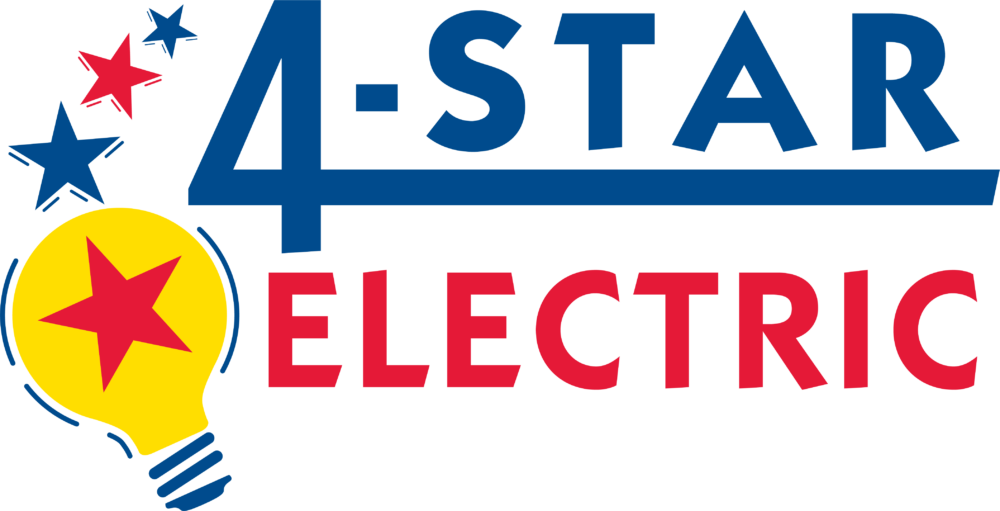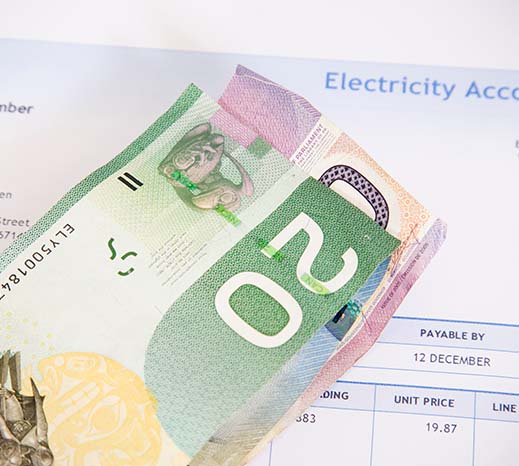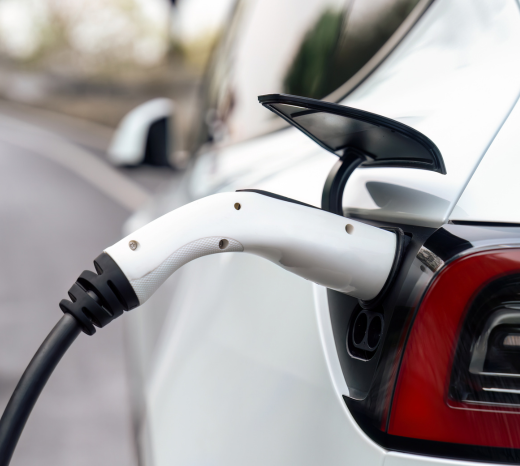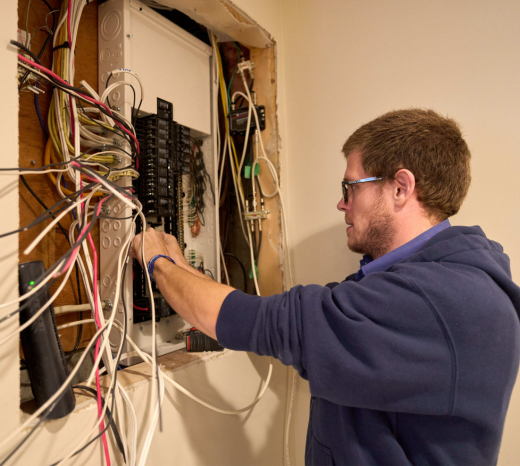Electricity and electrical devices are becoming more and more a part of everyday life. The convenience is great! But the tradeoff is climbing utility bills and using more electricity in your home.
These 10 steps are sure to lower your electric bills and help you manage rising energy costs in today’s connected world.
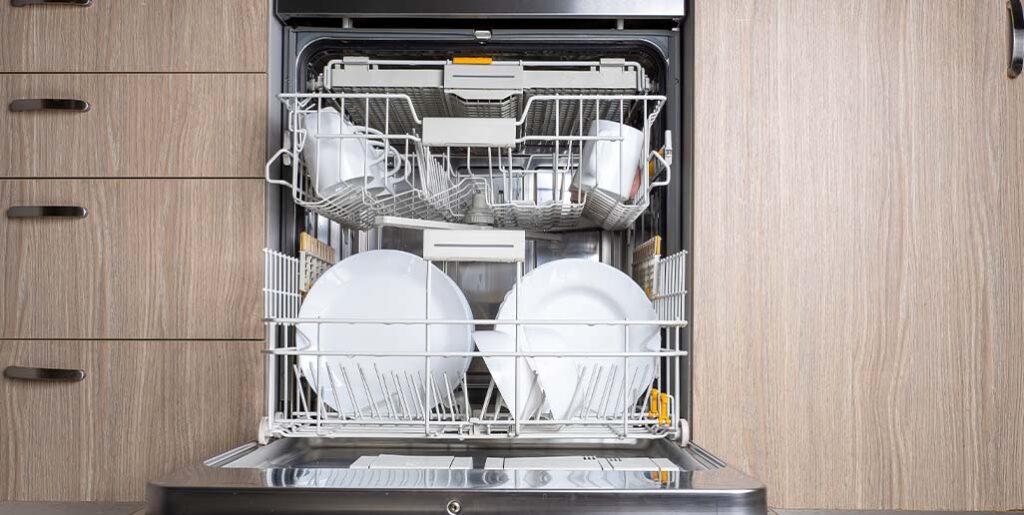
1. Avoid Using Major Appliances During Peaks
Use your major appliances during off-peak load times. Major appliances include clothes washers, dryers, HVAC equipment, and dishwashers. That’s it! Peak load times are the times when many homes consume the most energy.
For the city to keep up with the energy demands during these usage peaks, they resort to using costly secondary generators. For a consumer, the electricity rate per kilowatt is higher during these hours.
Inquire with your city utility company for exact peak load times. But it’s common in Alberta for peak times (and the most expensive electricity) to be charged in the evenings.

2. Hang-Dry Your Clothes
Hanging clothes instead of using your dryer will lower your electricity bill. An outside clothes line isn’t always practical in cold climates but indoor racks work too.
Did you know that when the average home in Alberta uses a dryer, it consumes approximately 600-kilowatt hours (kWh) of electricity per month? This makes up 12% of an average electricity bill.
So go ahead and hang those clothes to dry when the skies are clear. It’s free, and your clothes will last longer.

3. Wash Clothes in Cold Water
It may be time for a change if you wash your clothes in hot water. Many washing machines have only a cold water intake. Heating the water accounts for 90% of your washing machine’s energy use. Switching to cold water will massively reduce energy costs.
As a bonus, cold water doesn’t cause colours to run or clothes to shrink as hot water does.
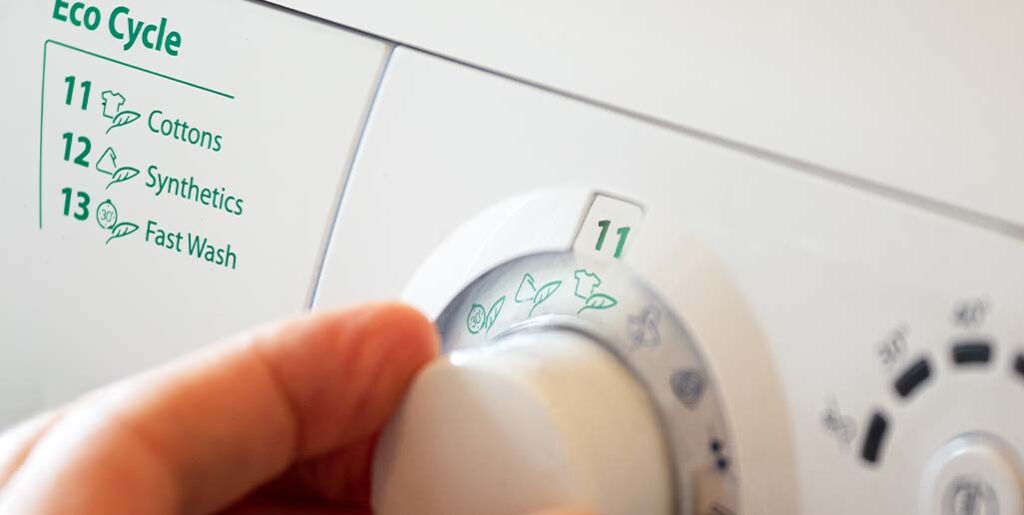
4. Use Eco Settings on Appliances
Most modern home appliances have an ECO setting designed to reduce energy consumption. Use it! These settings can be found on dishwashers, washing machines, and dryers, amongst other appliances.
An ECO setting will typically use less water, run for a shorter period, and consume less electricity than a normal cycle.
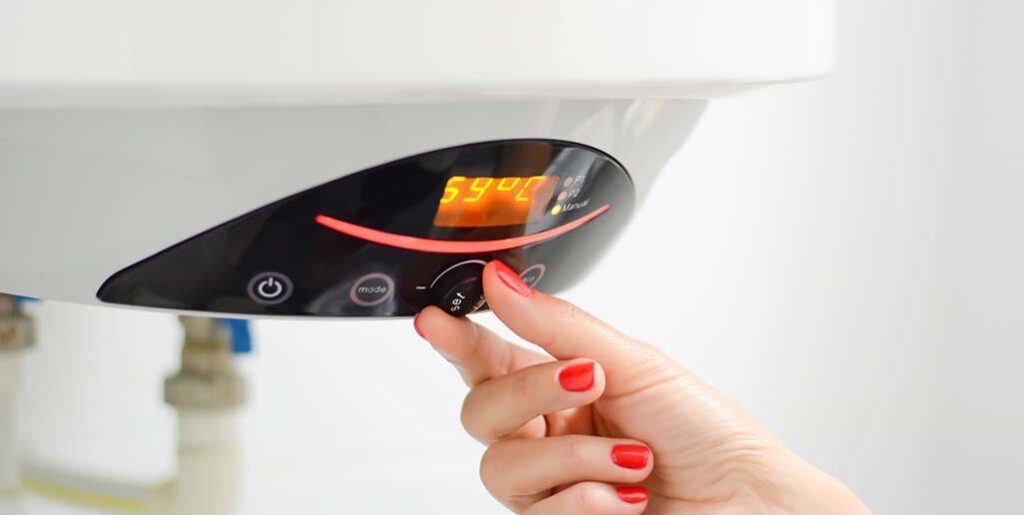
5. Lower Your Hot Water Temperature
If your hot water tank uses an electric heating element, consider turning the temperature down a few degrees. You’re probably mixing in a little cold water for a comfortable shower anyways, so this is an easy way to lower your electricity bill.
Many tankless water heaters also use electricity to power and heat themselves. Dial back the degrees for some simple savings.
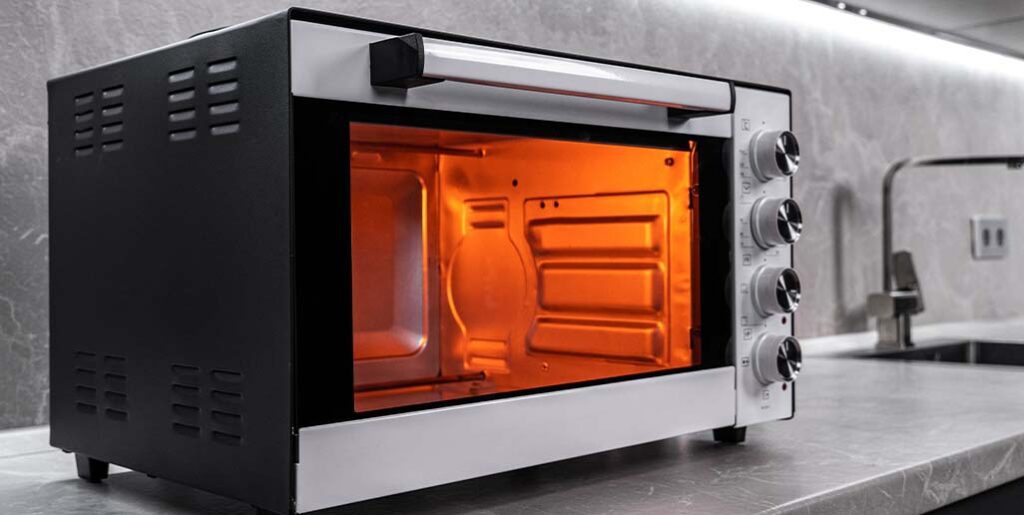
6. Consider Small Kitchen Appliances
By replacing a standard full-size oven with an air fryer or toaster oven, you can reduce your electrical demands for most meals. Maybe it’s not ideal for Thanksgiving dinner, but investing in a small kitchen cooking appliance can help your monthly electrical spend.
The kilowatt demand from most standard ovens is much higher than a typical air fryer on today’s market. Ovens can demand anywhere from 3000-6000 watts, while an average air fryer or toaster oven is around 1500.
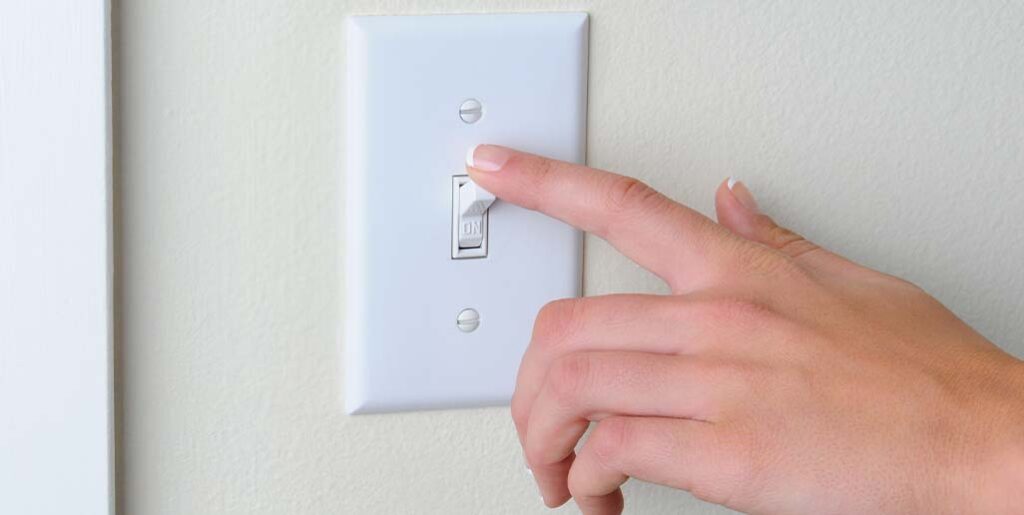
7. Turn Off Lights Not in Use
Your parents were right‒turn the dang lights off!
The easiest way to lower wasted electricity from your home lighting is to simply turn them off. But we all forget sometimes. Here are 3 lighting upgrades that can help you keep the on-time down:
- Motion-controlled lighting: lights turn off when there is no activity in the room.
- Dimmers: control the brightness of your lights and reduce energy consumption.
- Smart lighting: lighting that can be controlled from your phone. Great for if you’re lying in bed and realize you left the kitchen light on!
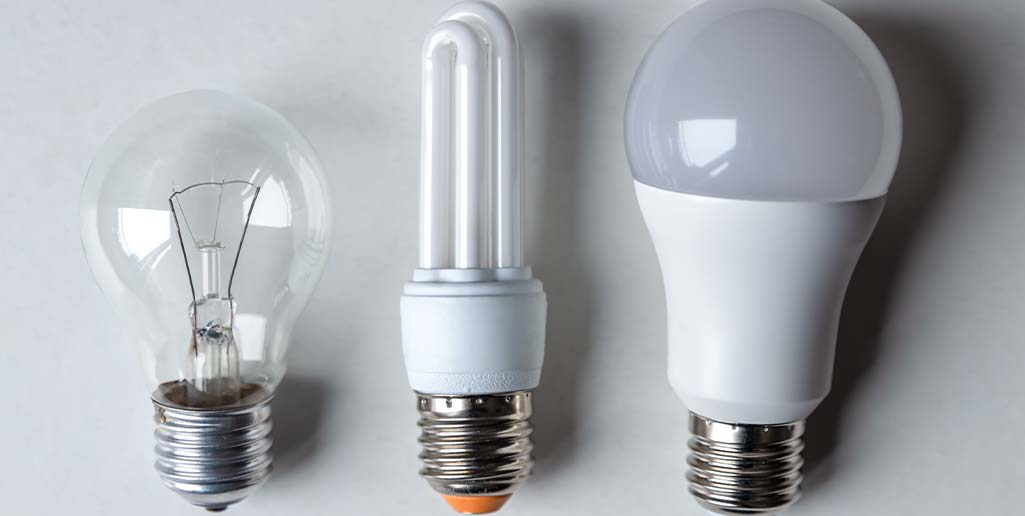
8. Install LED or CFL Light Bulbs
There’s a reason that classic incandescent bulbs are being phased out by governments: they’re not very energy efficient. Poor efficiency means that your electricity bills aren’t getting any lower.
Make the switch to LED bulbs or CFL bulbs if you haven’t already done so. A 60-watt incandescent bulb can be replaced with a LED or CFL of only 10-15 watts for a similar illumination level.
Both light-emitting diodes (LEDs) and compact fluorescents (CFLs) last considerably longer than old-school bulbs, too.
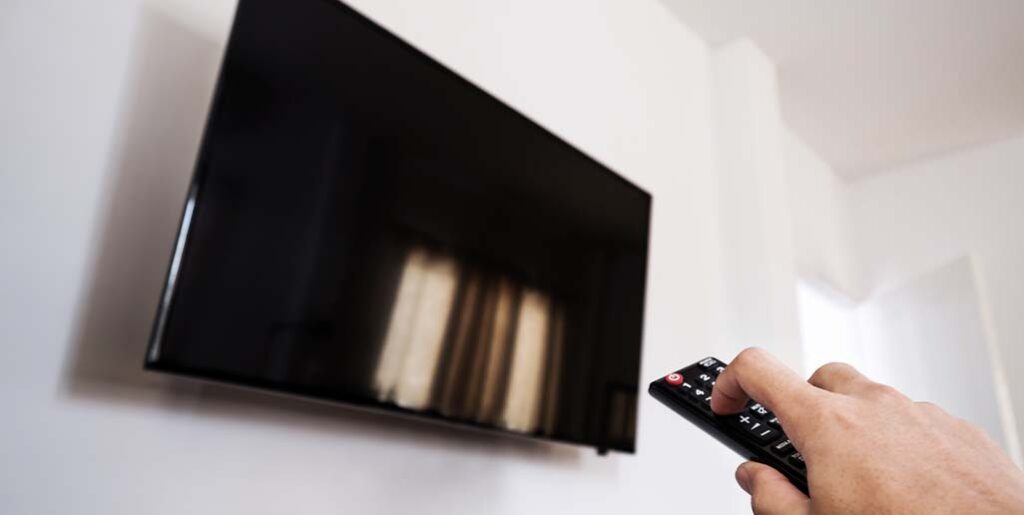
9. Turn Off Devices Not In Use
We live in a society where we rely on electricity to power everything. Lamps, TVs, video game consoles, and computers are constantly plugged in and often left turned on (don’t forget ceiling fans).
Turning these devices off when you walk away for a while will help lower your electricity bill. Besides, it will extend the life of your expensive electronics, and most devices have a quick-start function these days.
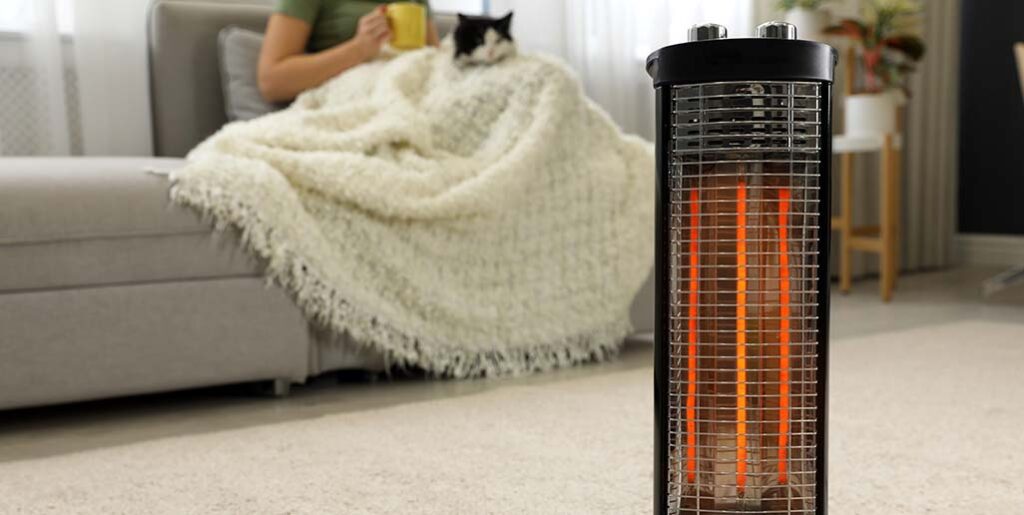
10. Be Smart with Heaters & AC
Air conditioning uses electricity to power its components. And if you use room heaters or ductless HVAC systems (wall-mounted), they also rely on electricity to power themselves and transfer heat.
We all like to stay comfortable, but running AC when you’re not around is just a waste of electricity. Open the blinds on cold days to let sunlight in, and close the blinds on those scorching summer afternoons. Your HVAC equipment won’t have to work as hard.
Still See Your Bills Rising?
Sometimes the health of your home’s electrical systems can negatively affect your utility bills. We all have to battle rising costs of energy, but unexpected jumps in your electricity bills could mean a deeper problem.
Give us a call at 4-Star Electric for a professional inspection of your home’s electrical and customized advice on how to lower your electricity bill.
